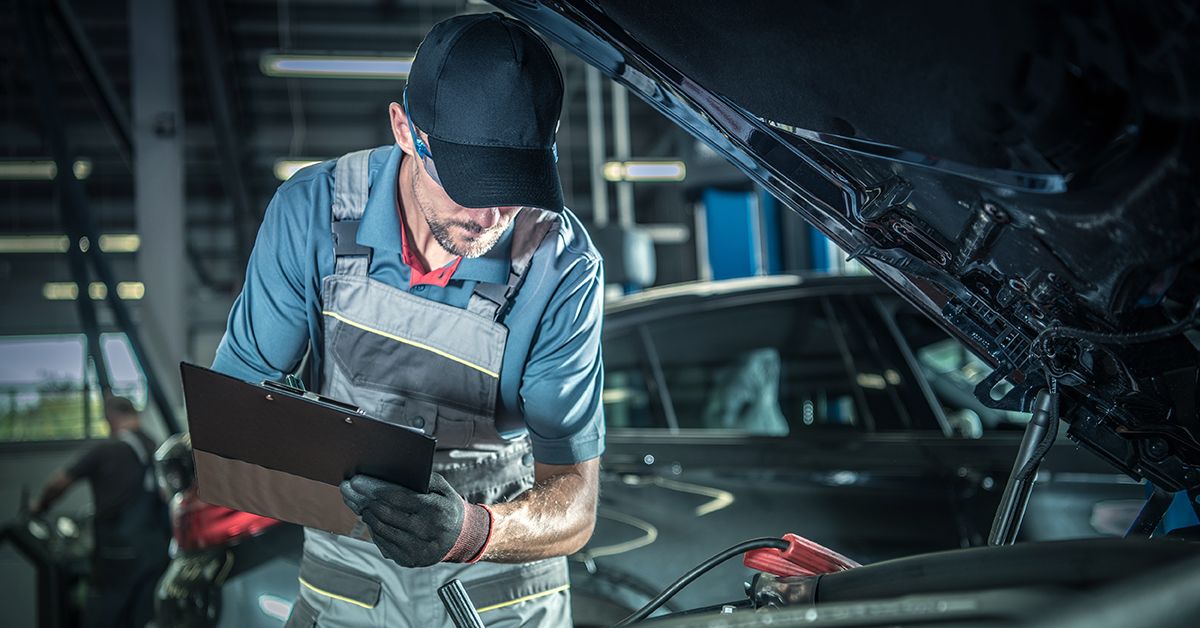
Major automotive recalls are a staple of the evening news. You hear about them all the time.
“Glad that’s not my car,” you think. Or, if it is: “Better get that fixed before it causes a problem.”
But what if you get into an auto accident because of a vehicle defect before the recall happens? Or after the recall but before you have a chance to get it fixed? What if there was a problem with the car but no recall at all?
These questions are complex. Depending on the circumstances, the answers may involve several different areas of law — negligence (personal injury), product liability, state lemon law, federal regulation, and beyond.
This article is designed to provide a brief overview of these legal issues and your rights after an accident caused by a vehicle defect.
The truth is that there are many vehicle recalls out there, and most of them never make the evening news. Moreover, many automotive defects never trigger a recall at all. You could get in an auto accident and have no idea that a defect in your vehicle was to blame.
That’s why it is so important to talk with an experienced West Virginia car accident lawyer who not only understands the lay of the land in terms of the complex legal issues involved but who also has experience in investigating the underlying causes of a car crash.
Here’s what to do if your accident was due to a vehicle recall…
If Your Accident Is Caused by a Defective Vehicle but There’s No Recall
Manufacturers have a duty to ensure the safety of any vehicle, part, or accessory they put on the market.
Similarly, when you buy a vehicle, you are entitled to a reasonable expectation of that vehicle’s safety for ordinary usage. You can expect it to conform to the warranty and to comply with any applicable state or federal safety standards.
The law protects those expectations.
Generally speaking, if your accident is caused by a defect or malfunction in your vehicle (or any automotive part or accessory, such as a defective tire) and there is no recall pertaining to that particular issue, the manufacturer is liable for your damages.
Those damages may include your medical expenses, lost wages, pain and suffering, the damage to your vehicle, and other losses you incur as a result of the accident.
If a Vehicle Recall Existed Before Your Accident
The analysis changes if your accident is caused by a defect or safety issue for which the manufacturer has already issued a public recall.
In these situations, the manufacturer is likely to argue that you knew about the problem (or should have known) and had a chance to fix it but failed to do so.
Indeed, manufacturers can sometimes evade liability for accidents caused by an already-recalled defect. But that isn’t always the case.
A court would look at various factors surrounding the recall and your accident. Those factors might include:
- How much time passed between the issuance of the recall and the date of your accident
- The nature of the defect and its role in causing your accident
- The manner of notice given to consumers concerning the recall
- The clarity of instructions given to consumers as part of the recall
- Whether there is any evidence that you actually received the recall notice
- Whether you were reasonably able to act on the recall notice prior to the accident
Even if the court finds that you were negligent in ignoring the recall notice, that doesn’t necessarily release the manufacturer from liability.
An experienced West Virginia auto accident lawyer can advocate for your rights in these situations and fight to hold manufacturers accountable for the safety of their products and the integrity of their recalls.
If the Recall Happens After Your Accident
What if you are in an accident that is caused by a vehicle defect, and some time later (say, a few weeks, months, or even years after your accident), the manufacturer issues a recall concerning the very same defect?
This is not an uncommon scenario. Recalls are often issued in response to a wave of auto accidents caused by a previously undiscovered defect.
In these situations, the most strategic path forward for you will likely depend on the steps you have already taken toward your financial recovery (and where in the claims process your individual claim currently stands).
The important thing to understand is that if you were injured because of a problem with your vehicle, you have rights. You should talk with an experienced West Virginia auto accident lawyer as soon as possible to determine the best course of action in your particular situation.
If Your Accident Is Caused by a Recurring Mechanical Issue (WV Lemon Law)
Many automotive recalls apply to all the vehicles of a given make, model, and year. In other words, the defect exists in many, most, or all of the vehicles in that line.
But sometimes, something goes wrong when building just one individual car, even if every other vehicle in the line is just fine.
In these instances, the manufacturer generally has a right to try to fix the defect. If the manufacturer still can’t fix the issue after a reasonable number of repair attempts (or after a reasonable amount of time in the shop has passed), you may be entitled to a replacement of your vehicle. This process is governed by the West Virginia Lemon Law.
There is a lot to know about the West Virginia Lemon Law, a discussion which goes beyond the scope of this article. However, you should know that if your accident is caused by a recurring problem with your vehicle, you may be entitled to compensation regardless of whether there is a recall or whether you have begun the process of repair attempts under the WV Lemon Law.
Talk to a West Virginia auto accident attorney to better understand how the law might apply to the facts surrounding your accident.
What If the Manufacturer Says the Accident Was Partly Your Fault?
Vehicle manufacturers will frequently attempt to pin the blame on the driver, arguing that the vehicle defect was not the cause of the accident. Alternatively, they might argue that the driver’s own negligence was at least partially to blame for the crash.
Here is where it is very important that you hire an experienced legal representative who can take an aggressive stand against the manufacturer’s defensive tactics.
Because West Virginia follows a rule known as comparative negligence, you will not necessarily be barred from a financial recovery even if you were partially responsible for your own accident.
Final Thought: Hold on to Evidence, and Talk to a Lawyer Before Making Repairs
No matter which of these scenarios you find yourself in — or even if your situation looks completely different than those described above — here’s what to do if your accident was due to a vehicle recall:
- Keep any evidence relating to the accident.
- Keep a record of any repair work or mechanical services.
- Hold on to any recall notices or paperwork you might receive.
- Take detailed photographs of the vehicle damage & accident scene.
- After your accident, talk to a lawyer before you hand over the vehicle to a third party or make any repairs. Getting repairs is like washing away evidence. You’ll want to consult with an attorney before doing that.
Schedule a Cost-Free, No-Obligation Legal Consultation Today
Still wondering what to do if your accident was due to a vehicle defect? The Morgantown auto accident lawyers at Colombo Law have years of experience in handling West Virginia car crash claims, including those involving vehicle defects. Give us a call.
A strict legal time limit (i.e. statute of limitation) applies to most West Virginia auto accident or product liability claims, so please don’t delay. Contact Colombo Law and schedule a free case review right away. Just dial 304-599-4229 (888-860-1414 outside of Morgantown) or contact us online.










